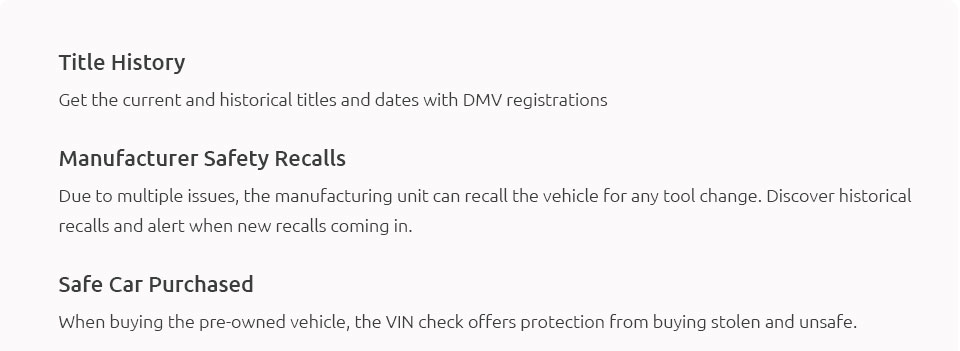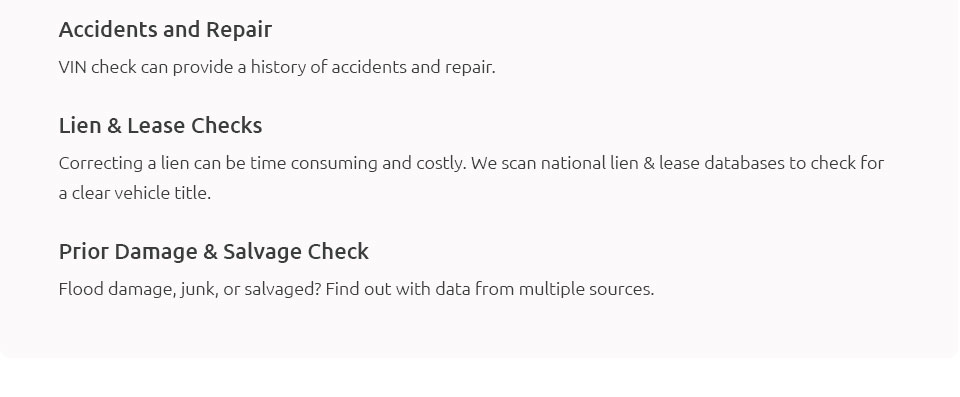 |
 |
 |
 |
 |
||
 |
 |
|
 |
 |
|
 |
 |
 |
 |
||
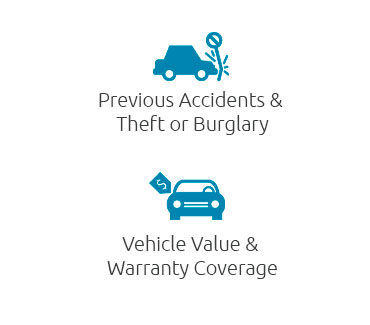 |
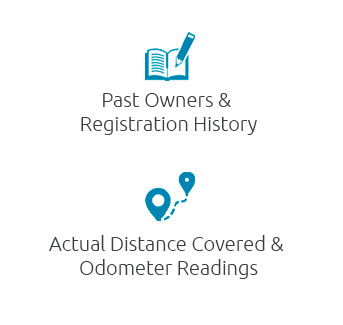 |
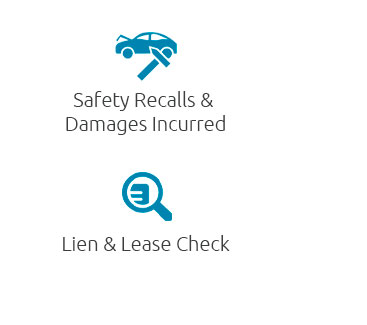 |
 |
 |
 |
||||
|
||||
 |
 |
Understanding How to Know a Car OwnerIn an era where information is readily accessible, the curiosity to learn about a car's owner can arise from various motivations, ranging from genuine interest to a necessity stemming from unfortunate circumstances like an accident. While the concept of tracing a vehicle back to its owner may seem straightforward, it involves a nuanced understanding of privacy regulations, ethical considerations, and practical tools available at one's disposal. Why Know a Car Owner? The need to identify a car's owner might be driven by multiple factors. Perhaps you've witnessed a hit-and-run incident and wish to report the responsible party, or maybe you found an abandoned vehicle on your property and are keen to resolve the issue. Alternatively, you might be purchasing a used car and want to ensure the legitimacy of the transaction. Whatever the reason, the desire to know more about a vehicle's owner is often rooted in legitimate concerns. Methods to Identify a Car Owner include several approaches, each with its own set of advantages and limitations.
Privacy and Legal Considerations Understanding the boundaries of privacy and legality is crucial when attempting to identify a car owner. Many jurisdictions have stringent privacy laws designed to protect individuals' personal information. Consequently, accessing such data without proper authorization or legitimate need can lead to legal repercussions. Ethical Aspects The ethical dimension of this inquiry cannot be overlooked. While the tools and methods exist to uncover a car owner's identity, it is imperative to reflect on the intent behind such actions. Acting with integrity and respect for others' privacy rights should guide the decision-making process. In conclusion, while the technology and resources to know a car owner are available, they should be used judiciously and responsibly. Balancing the need for information with respect for privacy and ethical standards is essential in navigating this complex landscape. https://www.quora.com/How-can-I-find-out-who-the-owner-of-a-car-is-based-on-the-license-plate
If you want to check the address of the owner of a vehicle from the registration number of the vehicle, you can easily check it from the ... https://play.google.com/store/apps/details?id=com.hangoverstudios.vehicleinfo&hl=en_US
Our app helps you to find vehicle owner details within seconds. Check vehicle insurance details, vehicle registration details and vehicle resale value. https://www.oregon.gov/odot/dmv/pages/online_quick_tips/vehicle_information.aspx
An odometer disclosure between you and the last owner, if the vehicle is ...
|

